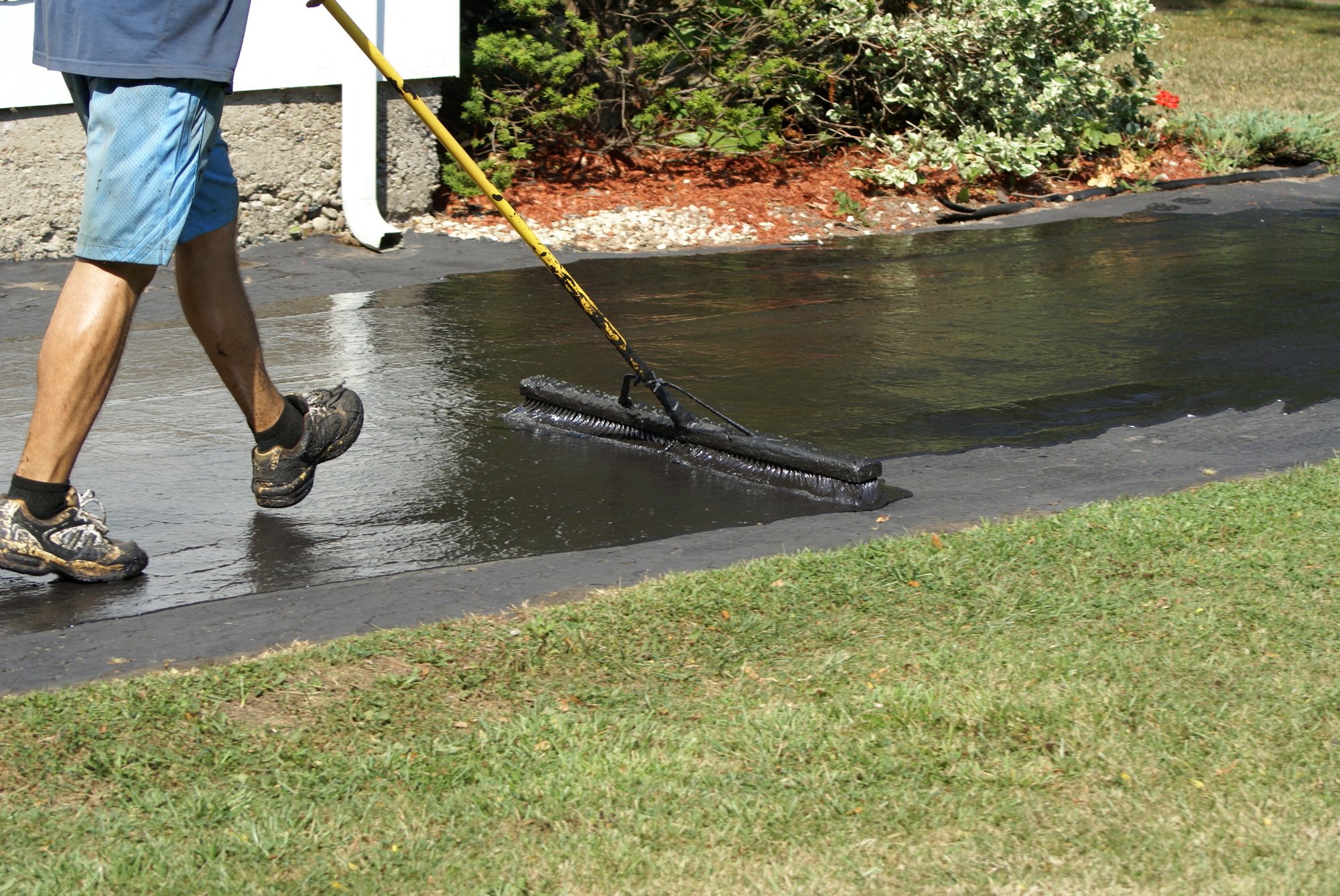How often should you seal your concrete floors?
While concrete is essentially water-tight, it can still suffer from water penetration to the lower layers of the concrete. It can cause many problems further down the line, meaning you must keep an eye on things.
A great way to do this is to use an acrylic concrete sealer. But how do you, the substantial owner, decide whether this is right for your floors? And what are the pros and cons? That’s what we’re looking at in this article.
Let’s dive in!
The Pros of Acrylic Concrete Sealer
Acrylic sealers offer several benefits for protecting and enhancing concrete surfaces, making them popular for homeowners and contractors looking to partner with reliable concrete sealing companies. Here are some of the pros of using acrylic concrete sealers:
UV Resistance
Many acrylic sealers contain UV inhibitors that help prevent the degradation of the concrete due to exposure to sunlight. It is essential for outdoor concrete surfaces, such as driveways, patios, and walkways, to be constantly exposed to the sun’s rays.
Breathability
Acrylic sealers typically allow for some moisture vapor transmission, meaning they are more breathable than other types of sealers. It can be advantageous for concrete surfaces that need to release trapped moisture, reducing the risk of issues like efflorescence (white mineral deposits) forming on the surface.
Surface Protection
Different types of sealant make a shield on top of concrete that protects it from damage caused by water, chemicals, oil, stains, and wear and tear. This protection helps the concrete last longer and reduces how often it needs fixing or maintaining.
Enhanced Appearance
Acrylic sealers can make concrete look better by giving it a shiny or satin sheen. It can make the surface look lively and show off the concrete’s natural colors and shapes. Some sealers come in different styles, so you can choose how shiny you want the sealer to be.
The Cons of Acrylic Concrete Sealer
While acrylic concrete sealers offer many benefits, they have drawbacks and limitations. Here are some of the cons associated with using concrete sealers:
Limited Durability
Acrylic sealers are less durable than other sealers, such as epoxy or polyurethane. They may require more frequent reapplication, especially in high-traffic areas or environments with harsh weather conditions.
Susceptibility to Wear and Tear
Over time, acrylic sealers can wear down and may require recoating or maintenance to maintain their protective qualities. Heavy foot traffic, vehicular traffic, and exposure to abrasive substances can contribute to the gradual breakdown of the sealer.
Vulnerability to Chemicals
While acrylic sealers offer some chemical resistance, they are less resistant to certain chemicals than epoxy or polyurethane sealers. Exposure to harsh chemicals, such as acids or solvents, can cause the sealer to deteriorate or become discolored.
Seal the Deal with an Acrylic Concrete Sealer
The acrylic concrete sealer has numerous advantages and disadvantages, making it an ideal choice for some projects but not suitable for others. Ultimately, it is a choice that depends on your specific needs and objectives.
If you’re looking for a product to protect and beautify your concrete surface, acrylic concrete sealant may be the ideal sealant option for you. Get in touch with a professional sealer to learn more!
Was this article helpful to you? If so, check out our blog for more helpful information and resources.


